Successes/failures with using old seeds?
editornj
13 years ago
Related Stories

FURNITURE10 Secrets of Successful Secondhand Furniture Shopping
Design professionals offer tips on how, where and what to buy
Full Story
ARCHITECTUREHave It Your Way — What Makes Architecture Successful
Universal appeal doesn't exist in design. The real beauty of any home lies in individualization and imagination
Full Story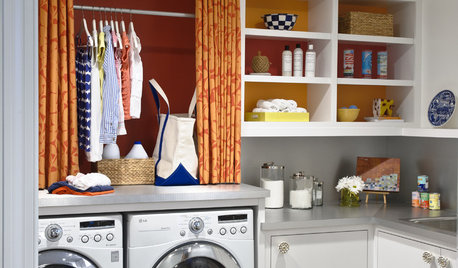
ORGANIZINGSmall Steps to Organizing Success
Take care of bite-size projects, and your home's big picture will be an organized dream before you know it
Full Story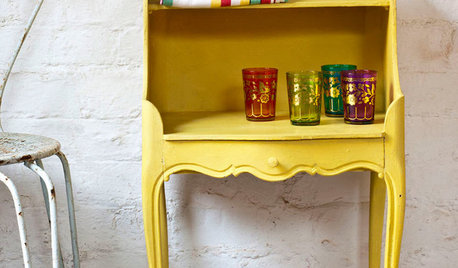
PAINTINGWhat to Know About Milk Paint and Chalk Paint — and How to Use Them
Learn the pros, cons, cost and more for these two easy-to-use paints that are great for giving furniture a vintage look
Full Story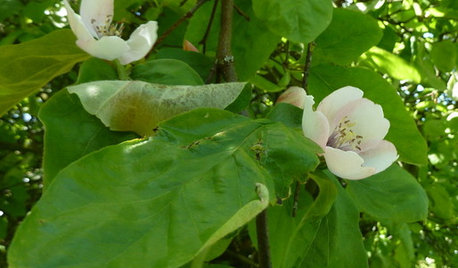
EDIBLE GARDENSWhy Grow Quince? For Beauty, Fragrance and Old-Time Flavor
Delightfully perfumed fruit and lovely spring blossoms make this apple and pear cousin worth a spot in the garden
Full Story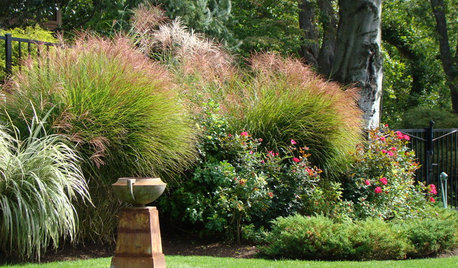
LANDSCAPE DESIGNThe 7 Best Plant Types for Creating Privacy and How to Use Them
Follow these tips for using different kinds of plants as living privacy screens
Full Story
ARCHITECTUREStyle Divide: How to Treat Additions to Old Homes?
One side says re-create the past; the other wants unabashedly modern. Weigh in on additions style here
Full Story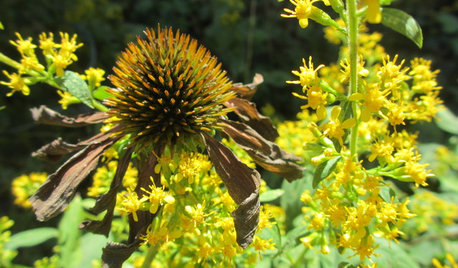
FALL GARDENINGReflecting on a Gardening Year
Mistakes and successes, surprises and comforts. The garden helps us grow in new ways every year
Full Story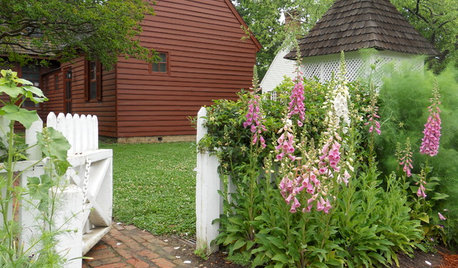
INSPIRING GARDENSSpring Garden Ideas From Colonial Williamsburg
Discover old-time resourcefulness — how gardeners worked the land, used local materials and more — to apply to your landscape today
Full Story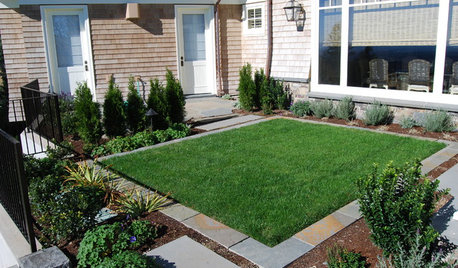
GARDENING GUIDESHow to Prep Your Ground for a Healthy New Lawn
Seed or sod that falls on weedy, lumpy soil is a wasted effort. Follow these steps to ensure that your new lawn will thrive
Full StorySponsored
Columbus Area's Luxury Design Build Firm | 17x Best of Houzz Winner!






countrycarolyn
terrene
Related Professionals
Danbury Landscape Architects & Landscape Designers · Ballwin Landscape Architects & Landscape Designers · Hershey Landscape Architects & Landscape Designers · Ilchester Landscape Architects & Landscape Designers · Mitchellville Landscape Architects & Landscape Designers · Waterbury Landscape Contractors · Beachwood Landscape Contractors · Bedford Heights Landscape Contractors · Bell Gardens Landscape Contractors · Deerfield Beach Landscape Contractors · Miller Place Landscape Contractors · Rockland Landscape Contractors · Salmon Creek Landscape Contractors · Soddy Daisy Landscape Contractors · South Hackensack Landscape Contractorslittleonefb
gardenunusual
molanic
countrycarolyn
terrene
countrycarolyn
morz8 - Washington Coast
countrycarolyn
countrycarolyn
morz8 - Washington Coast
terrene
countrycarolyn
posskat
drippy
northerner_on
Joshua Sonoma